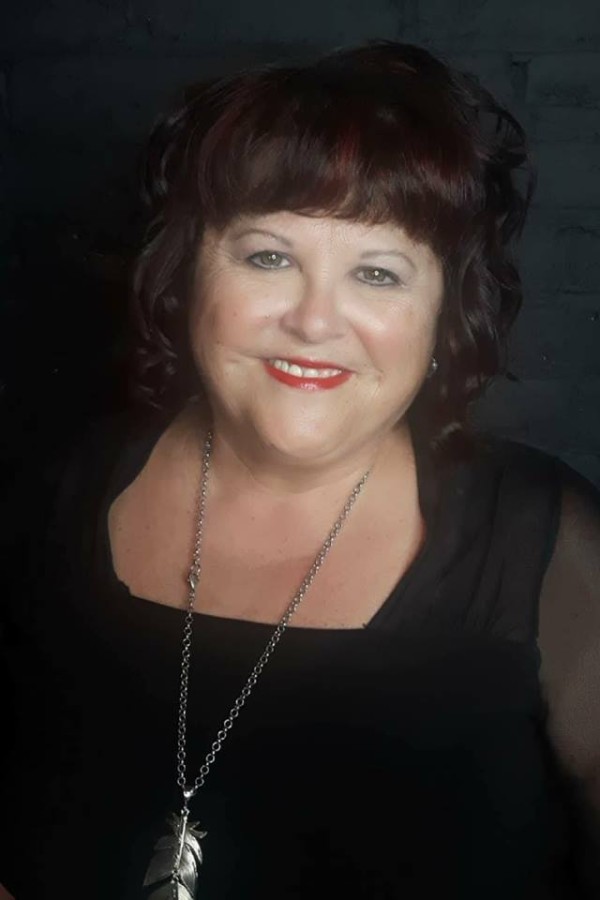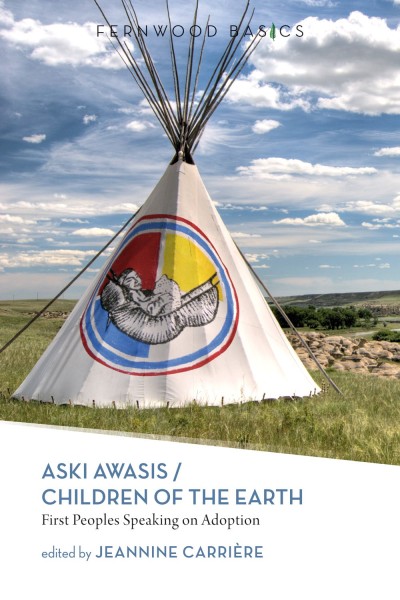
Sohki Aski Esquao, Jeannine Carrière is Métis and was raised in St. Adolphe Manitoba. She has been teaching social work since 1994 in Alberta and at the School of Social Work, University of Victoria, since 2005. In 2024 Jeannine is retiring from her academic career after many years of service to Indigenous social work education. Her research contributions have included topics such as Metis children’s identity, and needs for cultural safety in adoptions and child welfare services.




